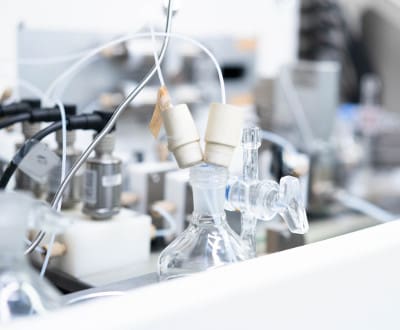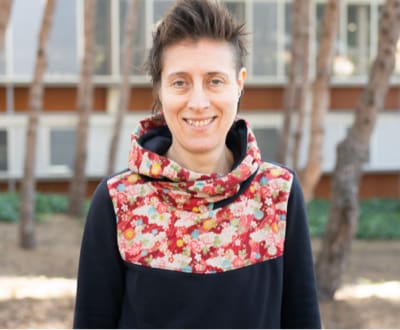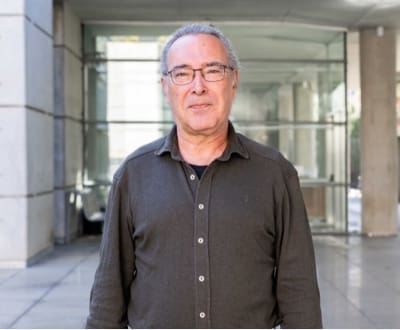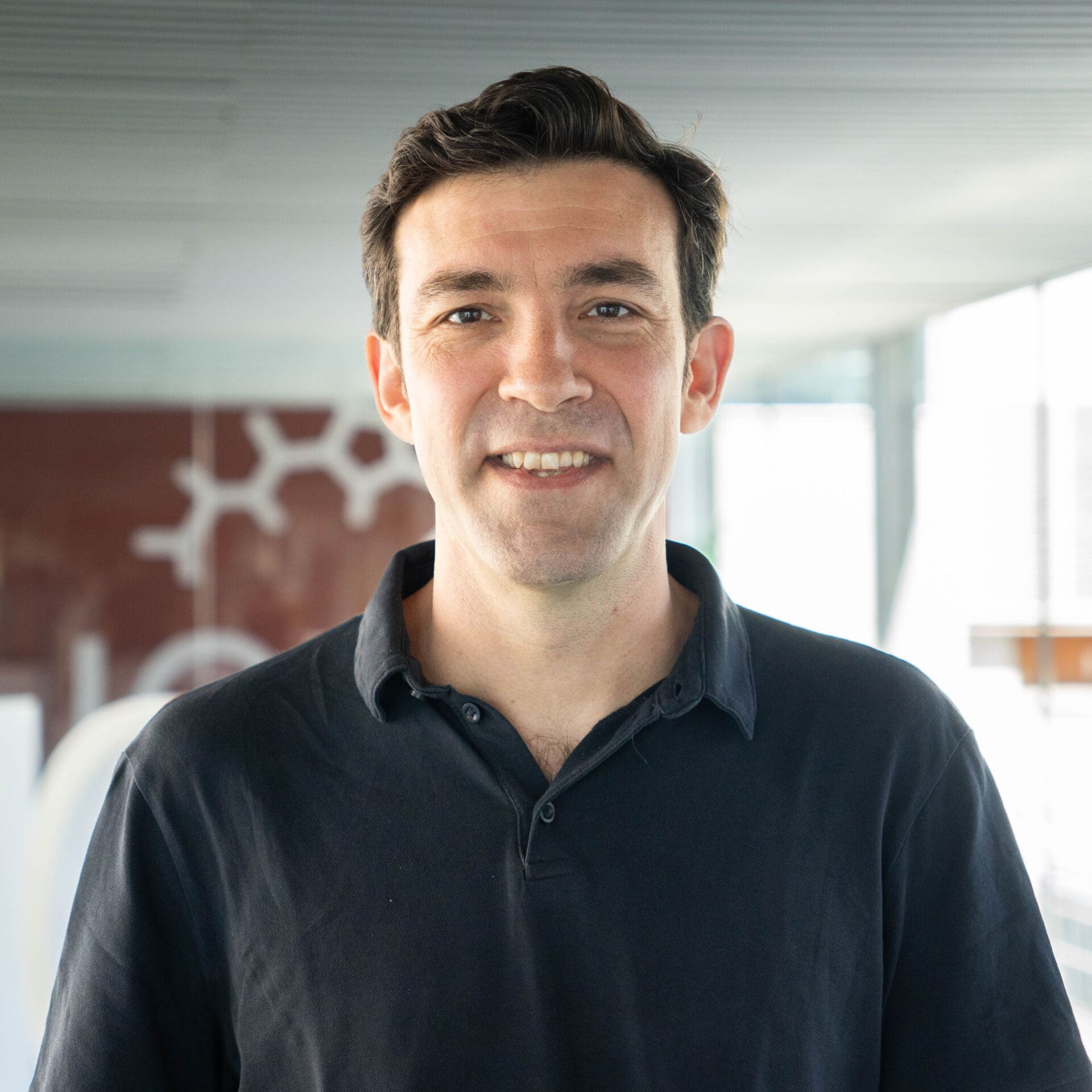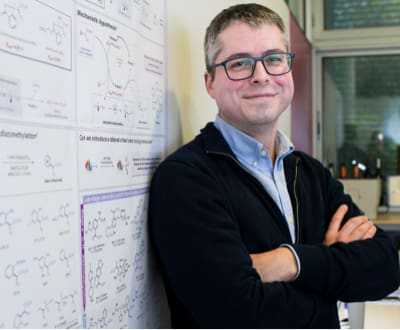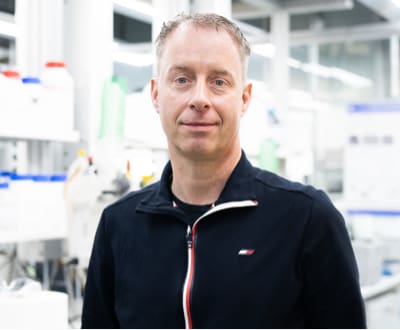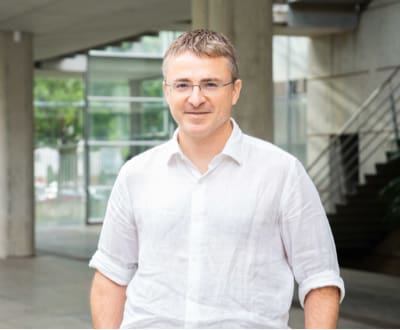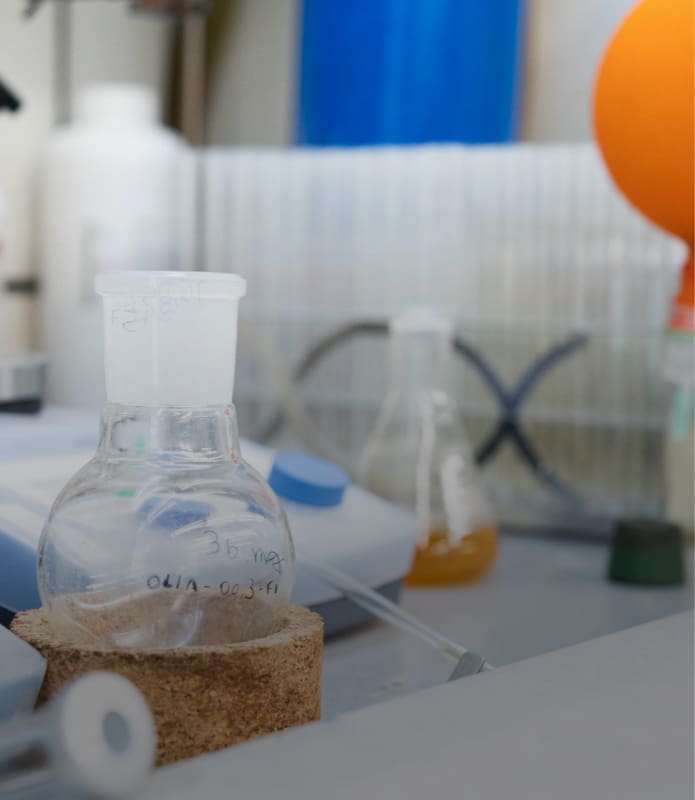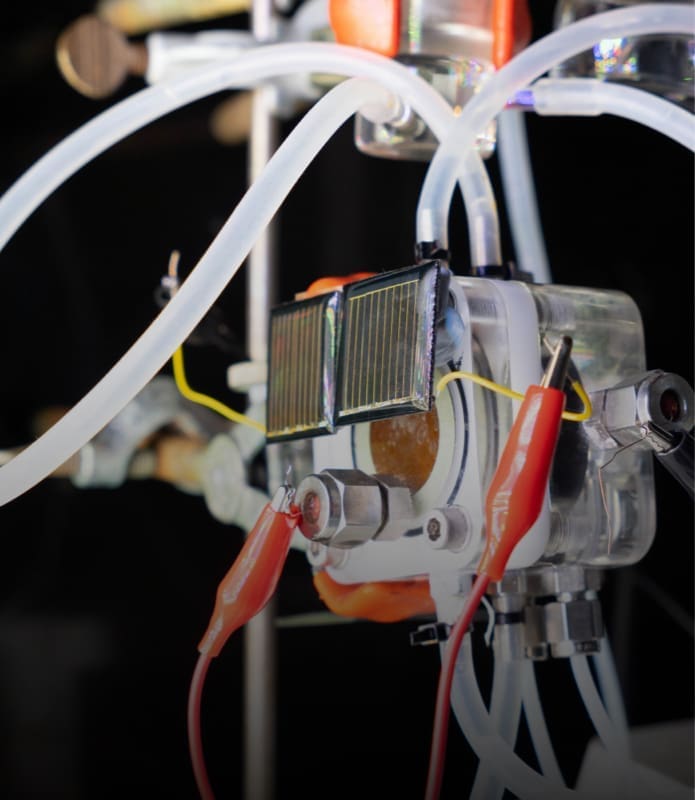Sustainable catalysis
Catalysis is the Institute largest and most significant research area, making a significant contribution to sustainable chemistry. Its primary goal is to advance processes and products that enhance resource utilisation efficiency and minimise waste generation. This field encompasses a broad range of chemical catalysis investigations, including homogeneous, heterogeneous, supramolecular and enantioselective catalysis. It also involves the development of novel ligands and catalytic processes, as well as the design and simulation of catalytic reactors.
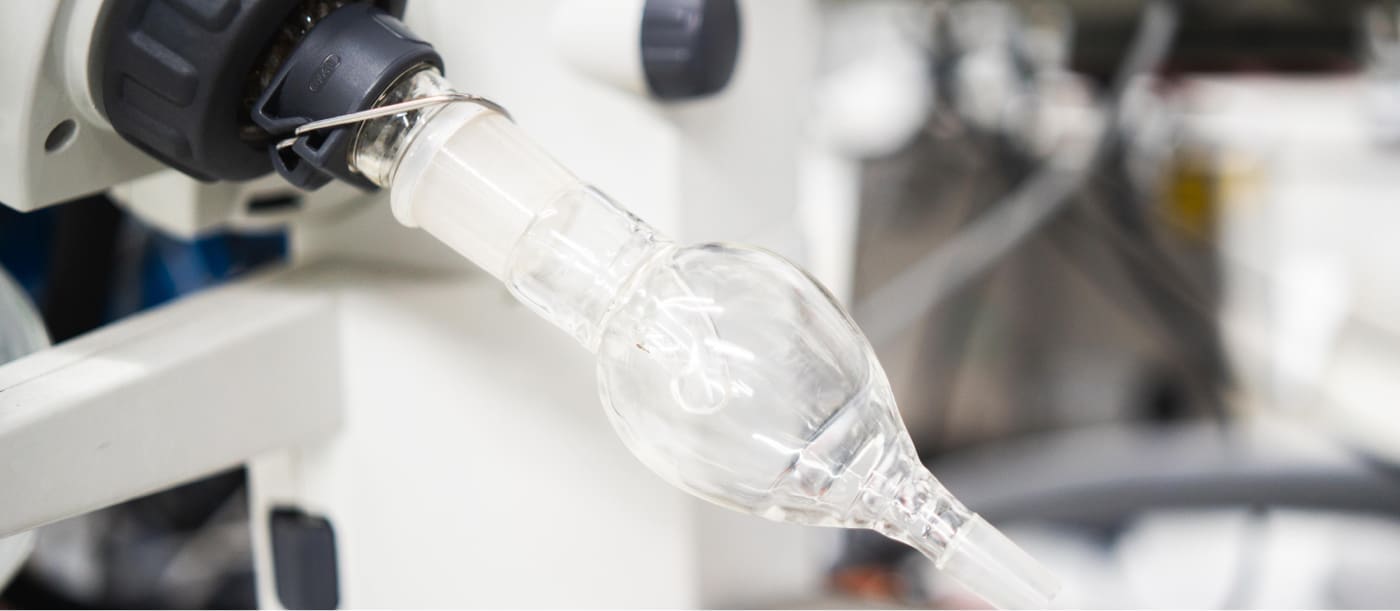
Research lines
-
Catalysis and mechanisms
ICIQ research involves the design of catalytic systems and the invention of new organic synthesis methodologies. Significant contributions have been made in homogeneous gold catalysis. New synthetic methods are applied in the synthesis of complex molecules, including biologically relevant natural products and materials science-related molecules. Research at ICIQ also focuses on the development and application of computational methods to address fundamental problems in chemical reactivity and catalysis.
-
CO2 conversion
Research at ICIQ focuses on the conversion of small molecules, such as CO2 into heterocyclic compounds useful for the synthesis of fine chemicals and pharmaceutical products. Decarboxylative conversion of these heterocycles is used to discover new stereo- and enantioselective transformations. Additionally, biomass compounds such as terpenes are used to design novel polyesters, polycarbonates, and polyethers with potential industrial applications.
-
Photochemistry
ICIQ researchers are developing new synthetic catalytic methods using cobalt through a detailed understanding of the catalytic process. Approaches include synthetic organic chemistry, mechanistic studies, and capturing highly reactive reaction intermediates. Research at ICIQ also includes the rational design of nanostructured photocatalytic systems, as well as the development of light-driven micro/nanomotors for environmental applications.
-
Supramolecular chemistry
At ICIQ, research focuses on the design, synthesis, study, and characterisation of functional molecular aggregates. This includes studying molecular interactions, producing new materials, and applying molecular self-assembly processes to construct large and functional interconnected structures like molecular machines, sensors, and devices. The design and application of molecular containers, cages, and capsules are also key, used for stabilising reactive molecules or mediating chemical reactions.
Sustainable Catalysis Research Groups

Let's create a brighter future
Join our team to work with renowned researchers, tackle groundbreaking
projects and contribute to meaningful scientific advancements

